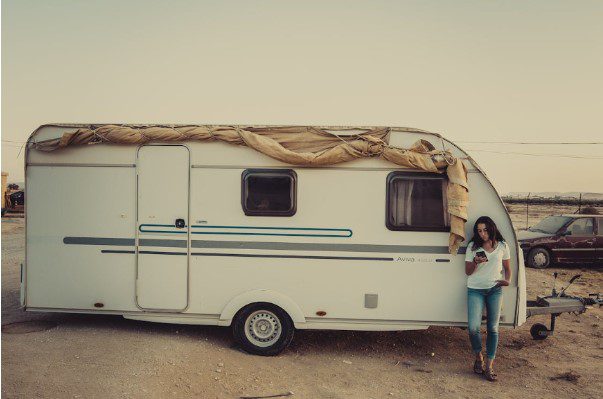Are you thinking about getting insurance for your commute car, luxury foreign, two-door sports car, or RV? It’s always best to be covered against damages from collisions and unexpected events, but how do insurance policies differ from car to car? Have you ever wondered?
Here’s why car insurance is different for different types of cars so you can understand your insurance policy better.
1. Commute Cars
Commute cars are cars that you use for your daily commutes, including the ones to and from work and to pick up and drop off your kids from school. Cars that commute are open to greater risks since they are taken out every day during high-traffic hours.
As you can predict, they are more open to experiencing wear and tear from continuous use. Also, since they are on the road more often, they face a greater risk of being part of a collision. All of this ties into premium rates being higher for commute cars compared to a pleasure car.
2. Pleasure Cars
Pleasure cars are cars that are for leisurely driving only. They are not used for your daily commutes or used as a family car. These are usually the second or third cars owned by a family. Pleasure cars have a lower premium than commute cars because they face less liability.
3. Sports Cars
Sports cars tend to be expensive to insure. That is because of several reasons. First of all, they are designed to hit high speeds, stop at once, and turn corners quickly. All of this makes them more liable for accidents.
Sports cars are expensive to repair since high-performance parts are expensive, and they are more likely to be stolen. Finally, sports cars are usually bought by younger drivers, who are charged higher premiums for their lack of driving experience.
4. Luxury Cars
Luxury cars have higher premiums than regular cars but lower than sports cars. That’s because while they are expensive to repair with fewer original parts and certified repairmen, they are safer to drive than sports cars.
Luxury cars are expensive to repair, and their high theft rate raises their premiums to higher than regular cars. However, while they may drive fast, they are fit with many safety add-ons and considerations that make them incredibly safe to drive, lowering the premium from the sports car level. When relocating any of these vehicle types, especially over long distances, exploring Car Shipping West Yorkshire services can help ensure safe and insured transportation tailored to the car’s unique value and needs.
5. Recreational Vehicles
RV insurance falls into a separate category. It’s similar to car insurance in that it offers collision, liability, and comprehensive coverages. However, the policy is more tailored to RVs. When you think about it, RV accidents can cause a lot more expensive damage than car collisions. Let’s break that down.
Basically, consider the size of your RV. A larger size means a larger surface area for impact, meaning the risk for larger collisions. Also, RVs have everything from beds, kitchens, and bathrooms packed into one. So, repairs for RVs are more varied and expensive than simple car repairs. All of this makes the policy very different.

